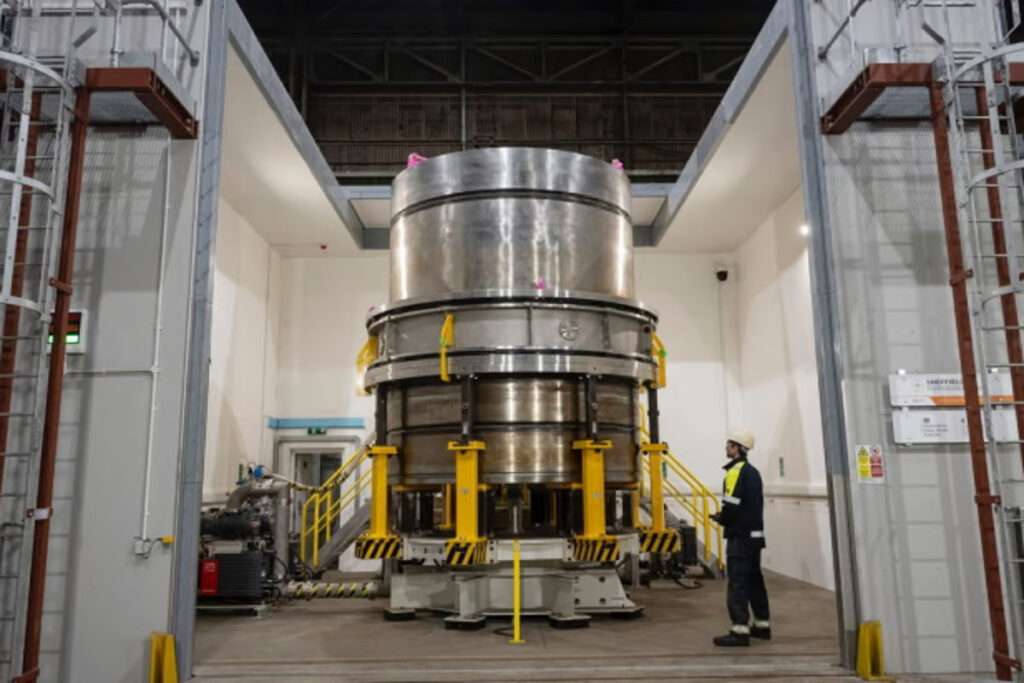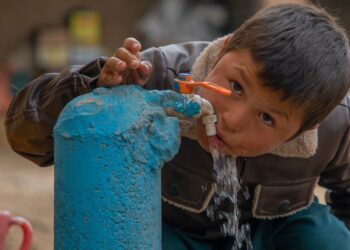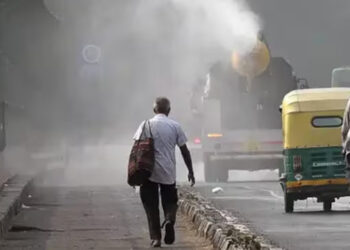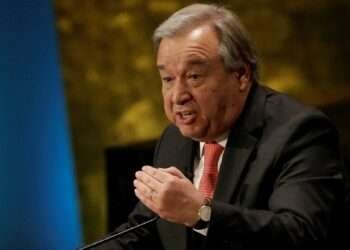International Atomic Energy Agency Director General (IAEA) Chief Rafael Grossi highlights the crucial role of nuclear energy in combating climate change amidst challenges posed by the Ukraine conflict.
Grossi underscored the growing consensus on the significance of nuclear energy in reducing carbon emissions and ensuring energy security, particularly in Europe.
“We have clearly a new international consensus on the need to have also nuclear energy as part of the tools against global warming and also for energy security,” Grossi said.
With Russia being a major supplier of both fossil fuels and nuclear fuel to Europe, efforts to diversify sources, though underway, face significant time constraints in light of the conflict in Ukraine.
He added “At the moment we have a structure of the market which recognizes a special place perhaps the majority of the market for the Russian supplier. We see this from the perspective of the IAEA as a technical matter.”
In Ukraine itself, Grossi also emphasized the danger the war poses to the Zaporizhzhia nuclear power plant — the largest in Europe.
“We should never, never forget that this nuclear power plant is sitting at the front lines of the war,” the IAEA chief said. “This means that anything can happen [at] any moment.”
However, he emphasized that some basic principles initiated by the UN Security Council last year managed to hold off the worst.
Grossi said, “It has been working, of course, there are moments there have been blackouts, which are also a very dangerous development,” he said.
There have also been isolated incidents of drones and “some kinetic impacts” at the site, but they “have not compromised the safety of the plant.”
Small Modular Reactors In The Next Five Years

IAEA Chief Rafael Grossi anticipated the introduction of small modular reactors (SMRs) in Western Europe and North America within the next four to five years.
These SMRs, with a power capacity of up to 300 megawatts electric (MWe), offer about a third of the capacity of traditional large nuclear power plants.
Despite their smaller size, they boast advantages such as lower cost and easier installation, making them particularly suitable for regions with limited grid access.
He said, “There is intense interest, even demand … in middle income and developing countries, for example, in Latin America, in Africa, in some parts of Asia, for these types of reactors, which are smaller as the name says it, but also more affordable than the big typical nuclear reactors that that we know.”
SMRs could also benefit Europe as it seeks to achieve carbon emissions neutrality by 2050.
While some European countries, such as France, have invested massively in nuclear energy, Germany has gone in the other direction and shut down all of its nuclear power plants.
Germany’s decision for the shutdown was a multifaceted issue that sparked intense debate and differing opinions.
Following the Fukushima disaster, then-Chancellor Angela Merkel’s conservative-led government decided to phase out atomic power due to safety concerns and negative public sentiment.
Also, Germany’s remaining nuclear power plants were aging, requiring significant investment for maintenance and safety upgrades.
Advocates for shutting down nuclear plants argued that funds should be directed toward expanding renewable energy infrastructure rather than maintaining old nuclear facilities.
But Grossi refused to say whether he thought this was a “mistake,” saying that it was a decision taken by a democratic country that is a member of the IAEA.
However, he pointed out that Germany is “the only country that has proceeded with a complete phaseout,” adding that “it’s never too late” to return to the nuclear fold.
READ ALSO: Tinubu Bans Officials’ Foreign Travel





















